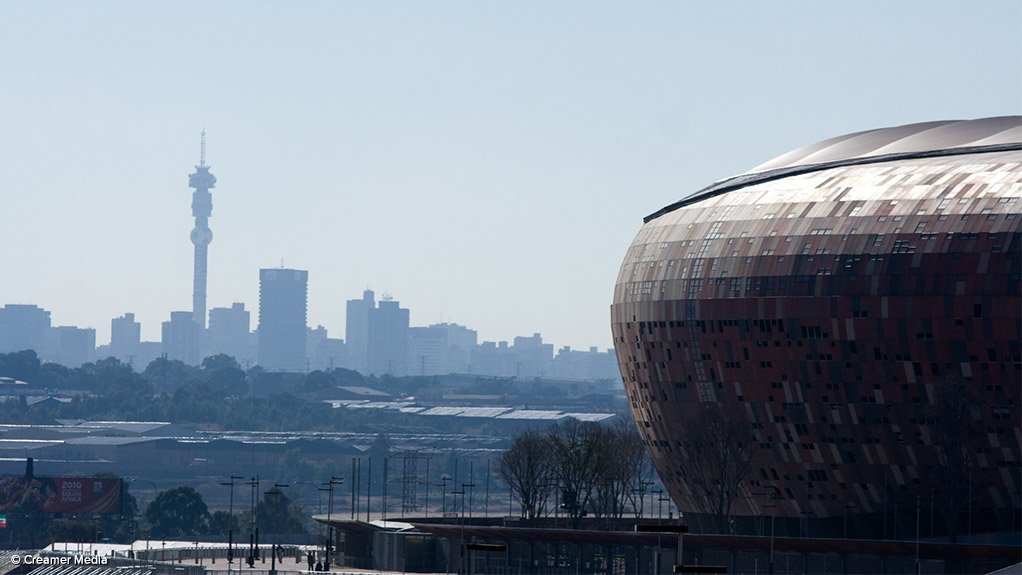Johannesburg, South Africa’s richest city and economic hub, received a vote of confidence from Moody’s Ratings despite a record of political dysfunction and wasted spending that’s prompted the national government to threaten to withdraw funding.
The city’s credit ratings reflect “its sound operating performance, moderate debt levels, and a large, diversified local economy, supported by prudent financial management and close monitoring of budget execution and cash flow,” Moody’s analysts Irena Krizkovska and Marie Diron wrote after a review of the city’s finances conducted last month.
“Over the years, the city has consistently maintained positive operating margins and moderate-to-low liquidity ratios,” the analysts said, while acknowledging that Johannesburg faces pressures from infrastructure backlogs and a growing population that have led to rising debt levels.
The Moody’s assessment — which didn’t constitute a rating action — seems at odds with the view of South Africa’s national government and business leaders. In August, Finance Minister Enoch Godongwana demanded an explanation for R24.4-billion of “unauthorised, irregular, fruitless and wasteful expenditure,” and warned the city risks losing government funding unless the money is recouped.
And in September, business leaders said they’ve been discussing with the government whether they can help rescue Johannesburg from decay. The city, which is set to host Group of 20 heads of state next month, was R221-billion behind on maintenance and overdue upgrades needed for water, power and road infrastructure last year, council documents seen by Bloomberg showed.
Deteriorating water, power and roads infrastructure in Johannesburg has become a political flashpoint and a symbol of how unstable coalition governments are causing the decline of some of the country’s biggest cities. The sprawling metropolis of 5-million people accounts for about 16% of South Africa’s gross domestic product and is home to the country’s main stock exchange and many of its biggest companies.
It’s currently run by a coalition led by the African National Congress. The Democratic Alliance, the second-biggest party both nationally and in the municipal council, is seeking to take back the city in local government elections next year by highlighting its dysfunction.
Johannesburg has a long-term credit rating of Ba3 at Moody’s, with a stable outlook. Although three levels below investment grade, that’s higher than any other South African city except Cape Town, which is rated Ba2, on par with the national government.
EMAIL THIS ARTICLE SAVE THIS ARTICLE FEEDBACK
To subscribe email subscriptions@creamermedia.co.za or click here
To advertise email advertising@creamermedia.co.za or click here











